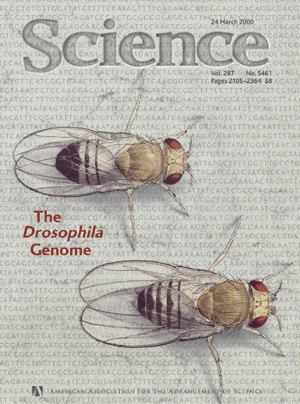The ultimate research goal of Hwangbo lab is to understand how organisms age. We investigate the molecular, genetic, and neuronal mechanisms underlying how bodies maintain cellular and behavior homeostasis to promote health and longevity. To this end, we use the fruit fly, Drosophila melanogaster, as a model organism. The fruit fly has become one of the most important model organisms in various topics of biology including development, genetics, ecology & evolutionary biology, and neuroscience.
To study behavior homeostasis and its impact on aging (Project 1), we investigate how circadian clocks regulate sleep and feeding behavior in response to different environmental inputs such as light, food intake, and temperature. To study cellular homeostasis (Project 2), we characterize molecular genetic function of conserved dcaf12 gene in cell survival/death, innate immunity, and aging. We are also establishing fly models of human diseases, including Werner Syndrome and Alzheimer's disease (Project 3).
To study behavioral homeostasis and its impact on aging (Project 1), we investigate how circadian clocks regulate sleep and feeding behavior in response to various environmental inputs, such as light, food intake, and temperature. For the study of cellular homeostasis (Project 2), we characterize the molecular genetic function of the conserved dcaf12 gene in cell survival, death, innate immunity, and aging. Additionally, we are in the process of establishing fly models for human diseases, including Werner Syndrome and Alzheimer's disease (Project 3).

